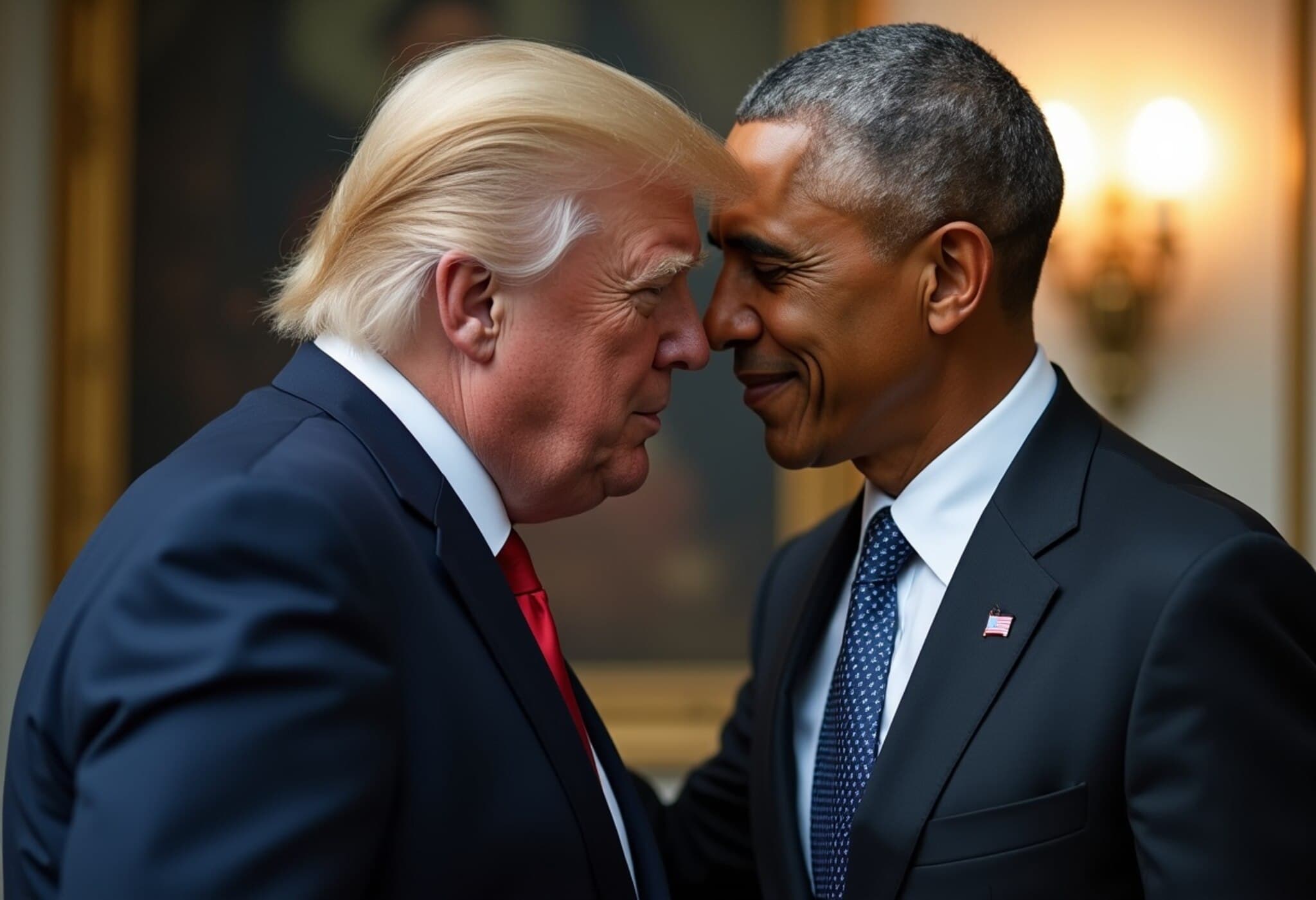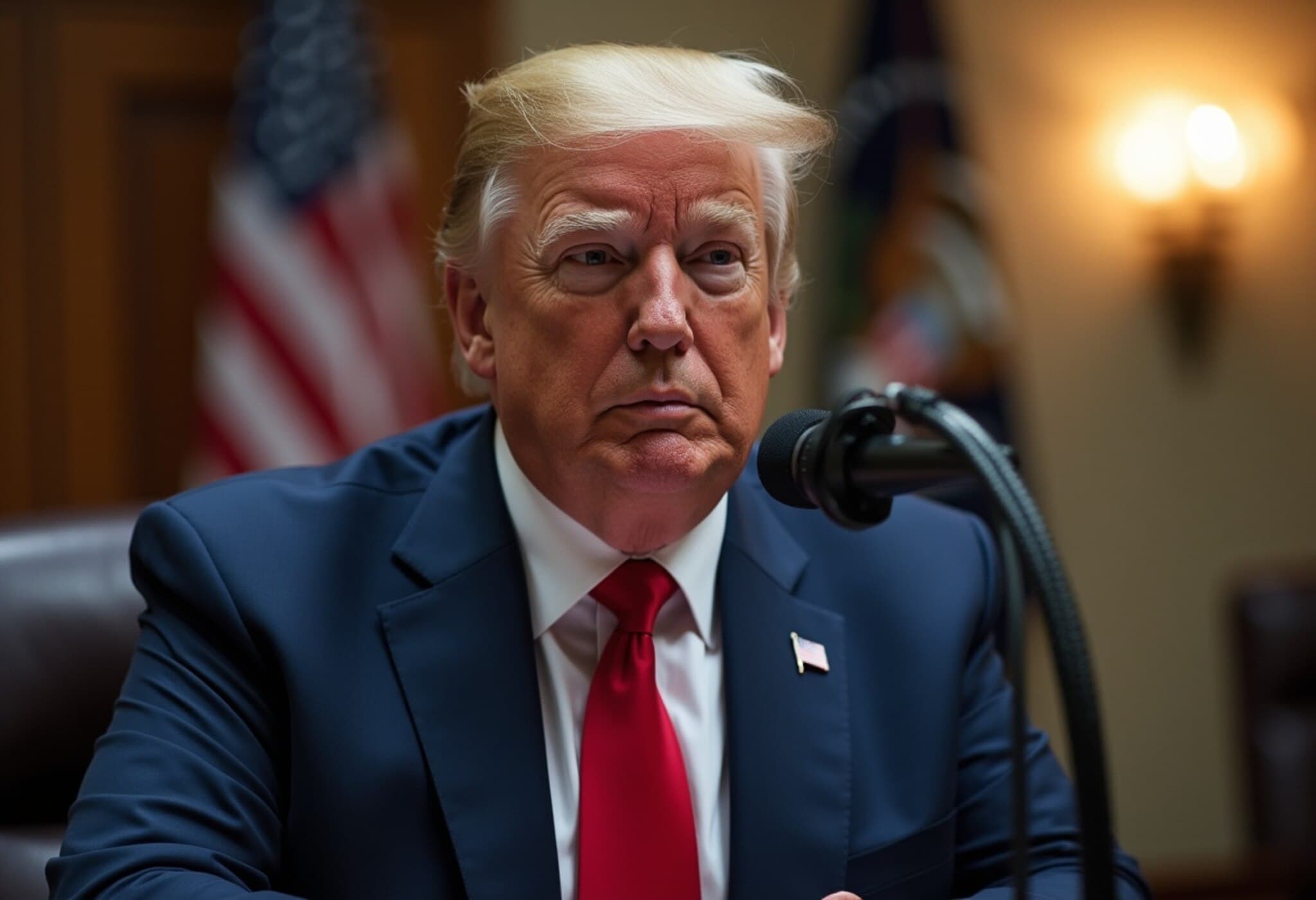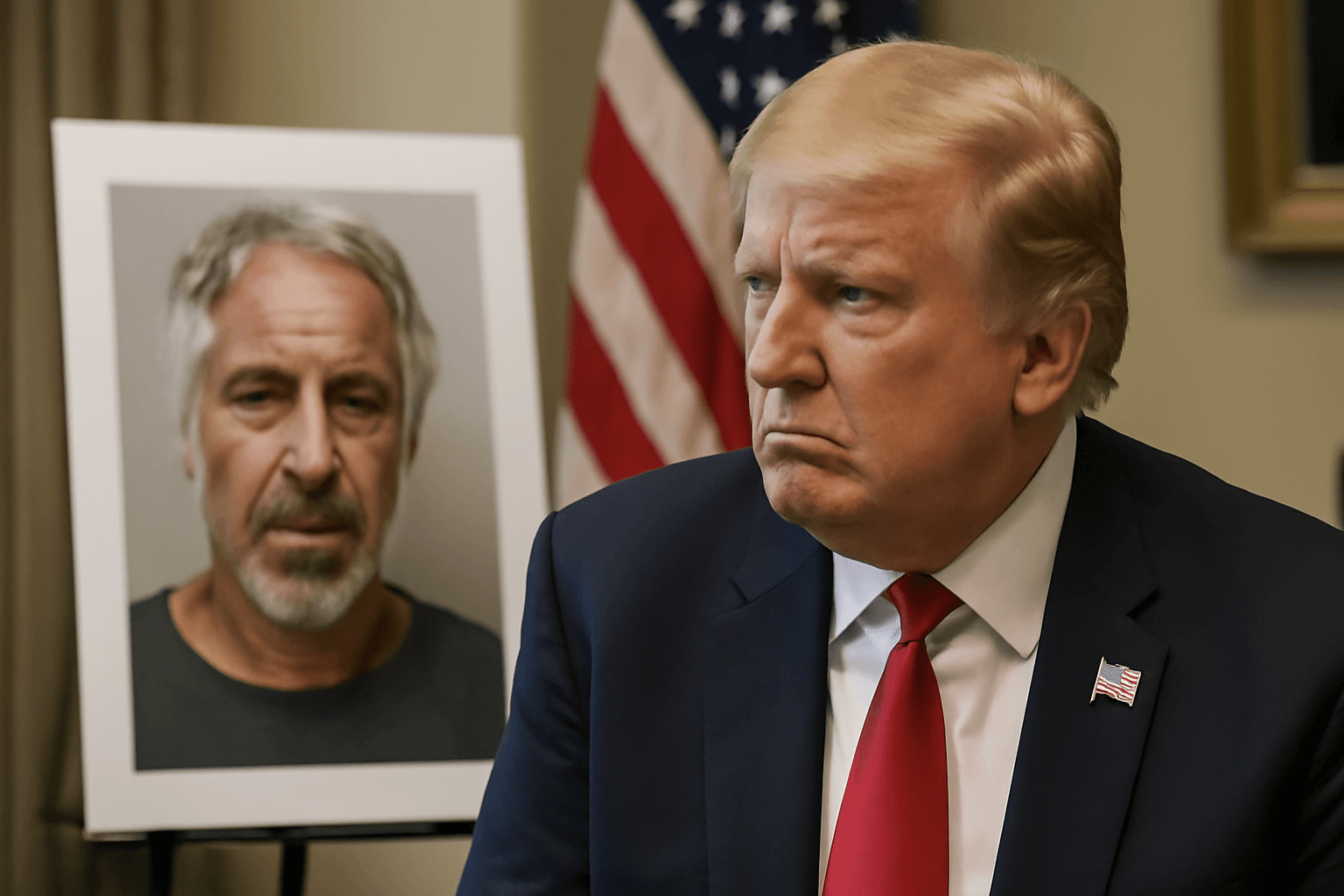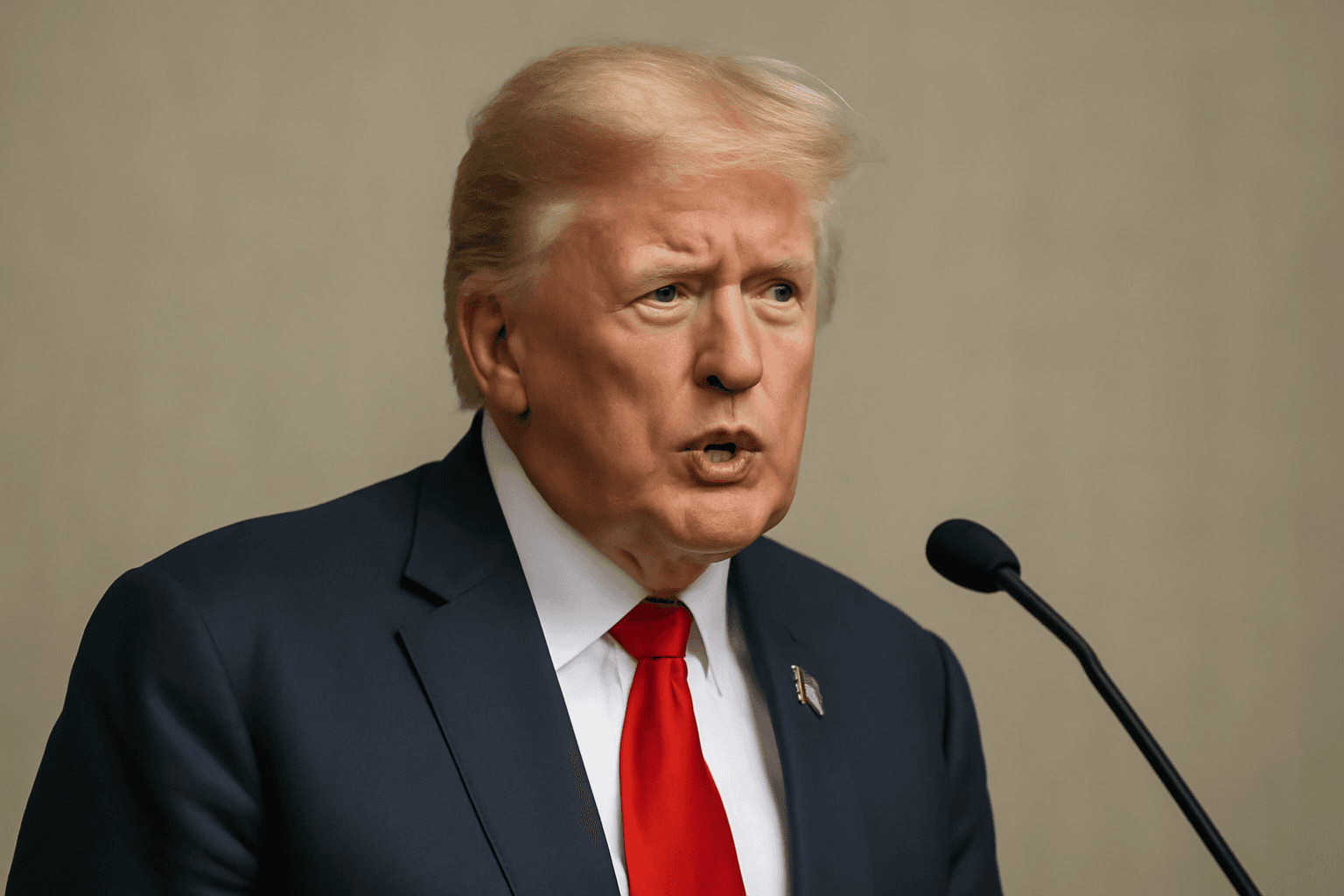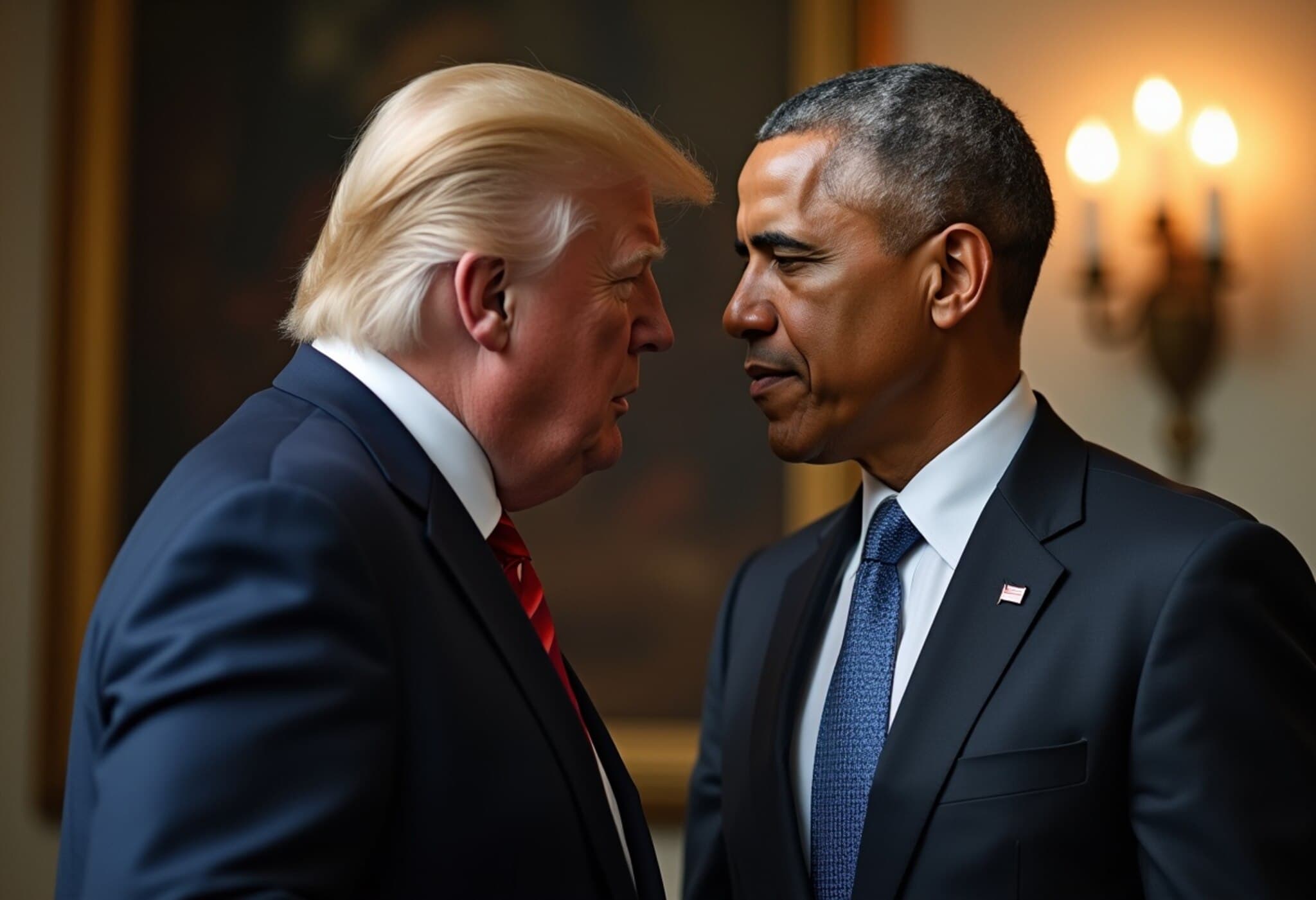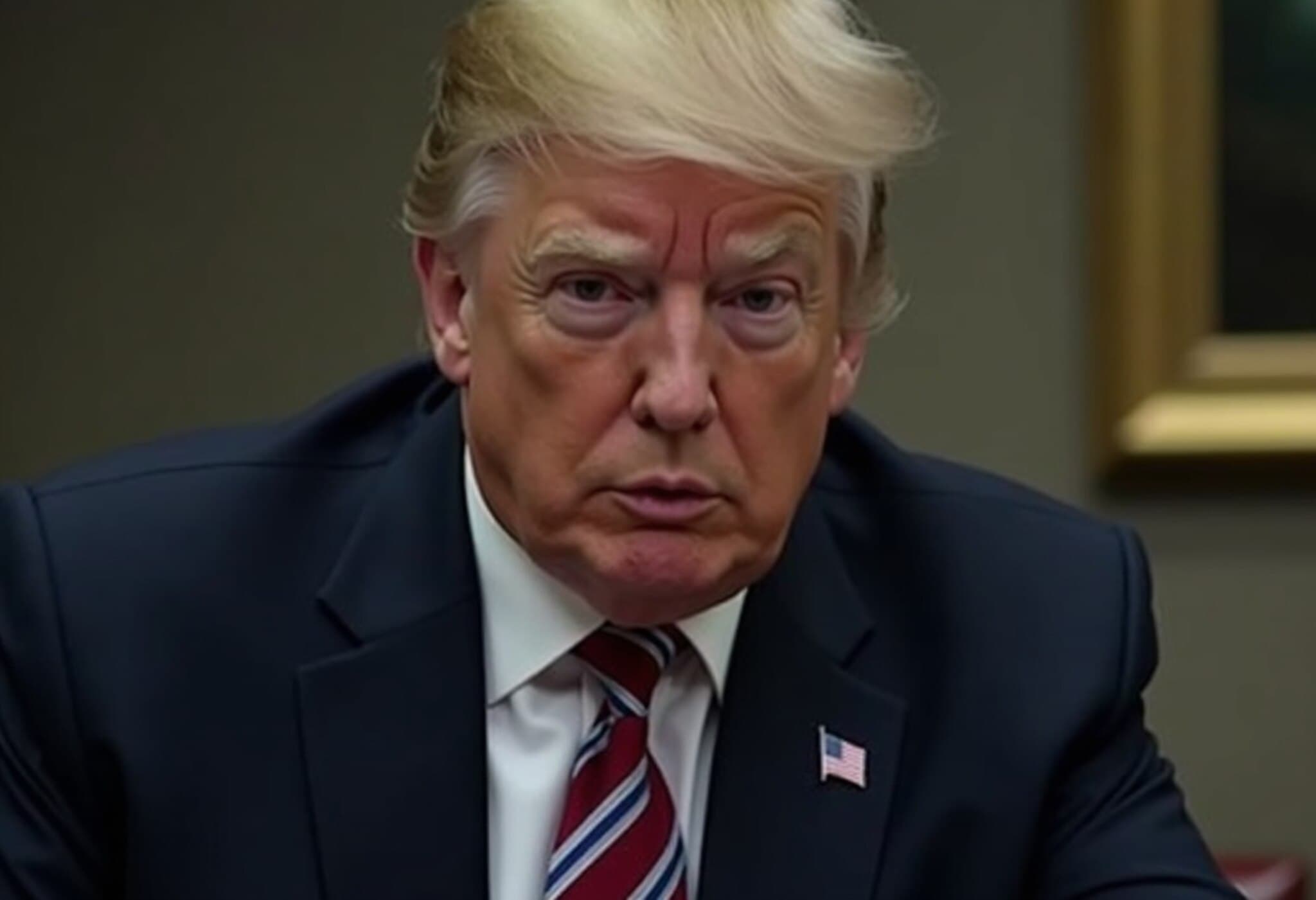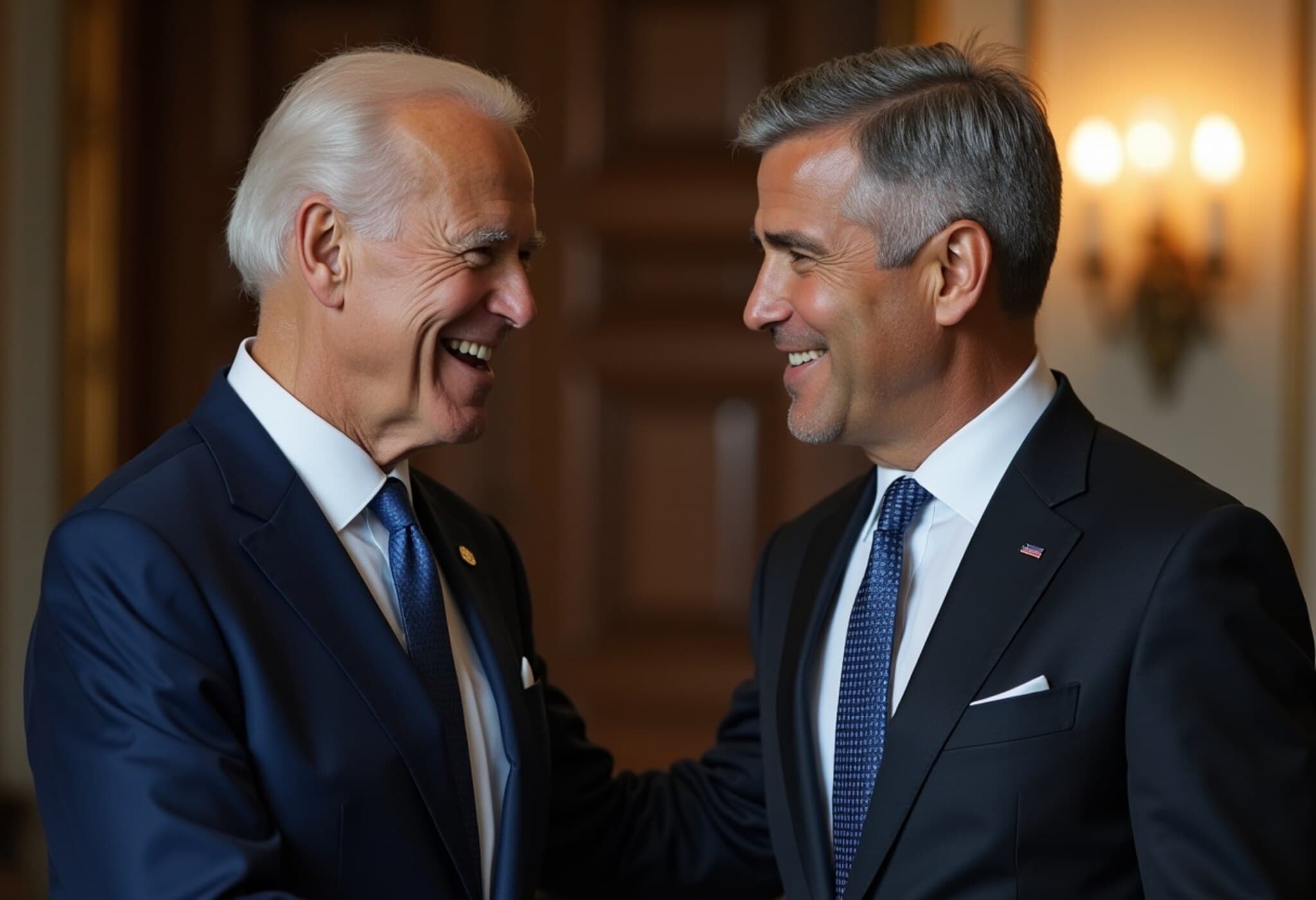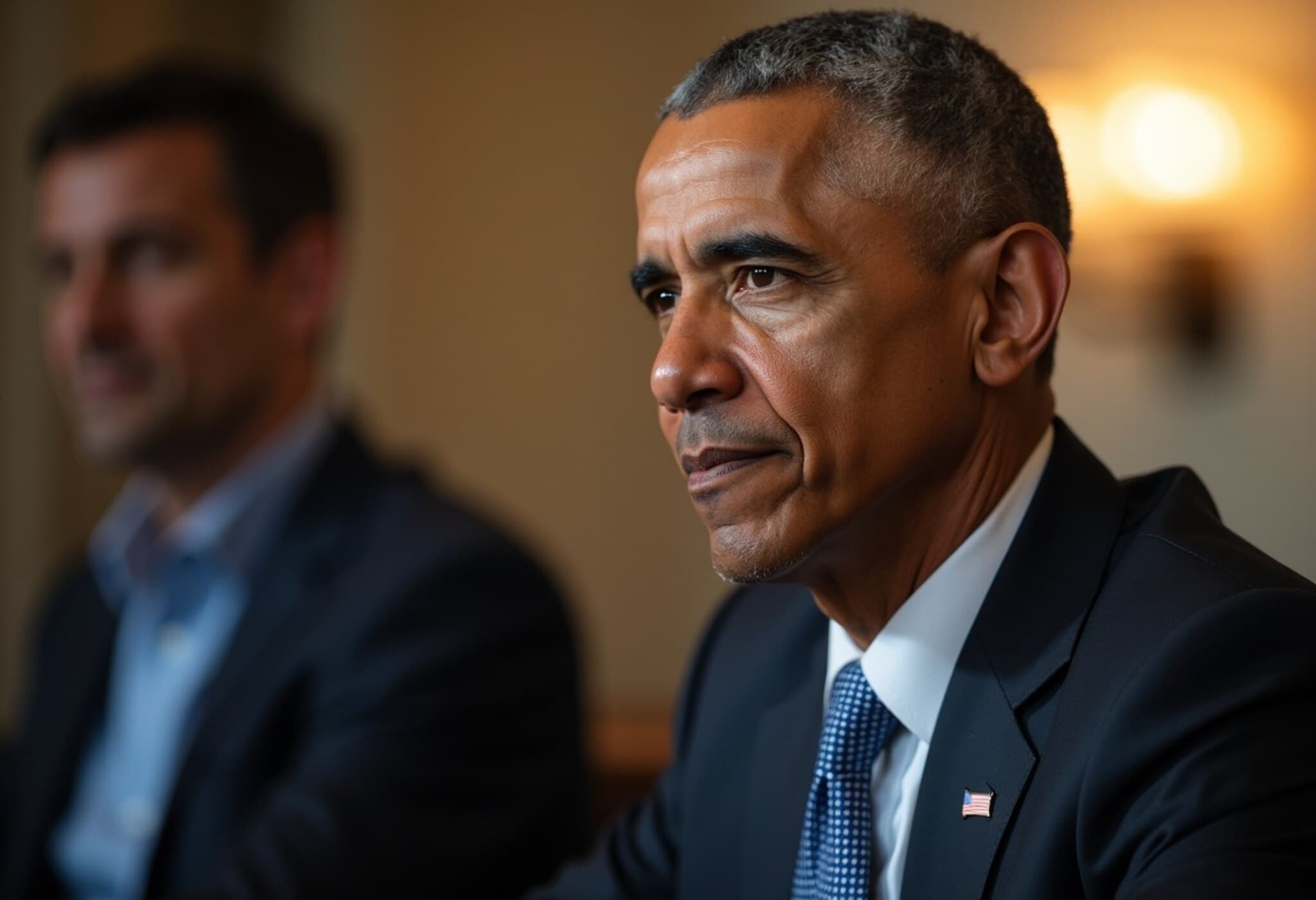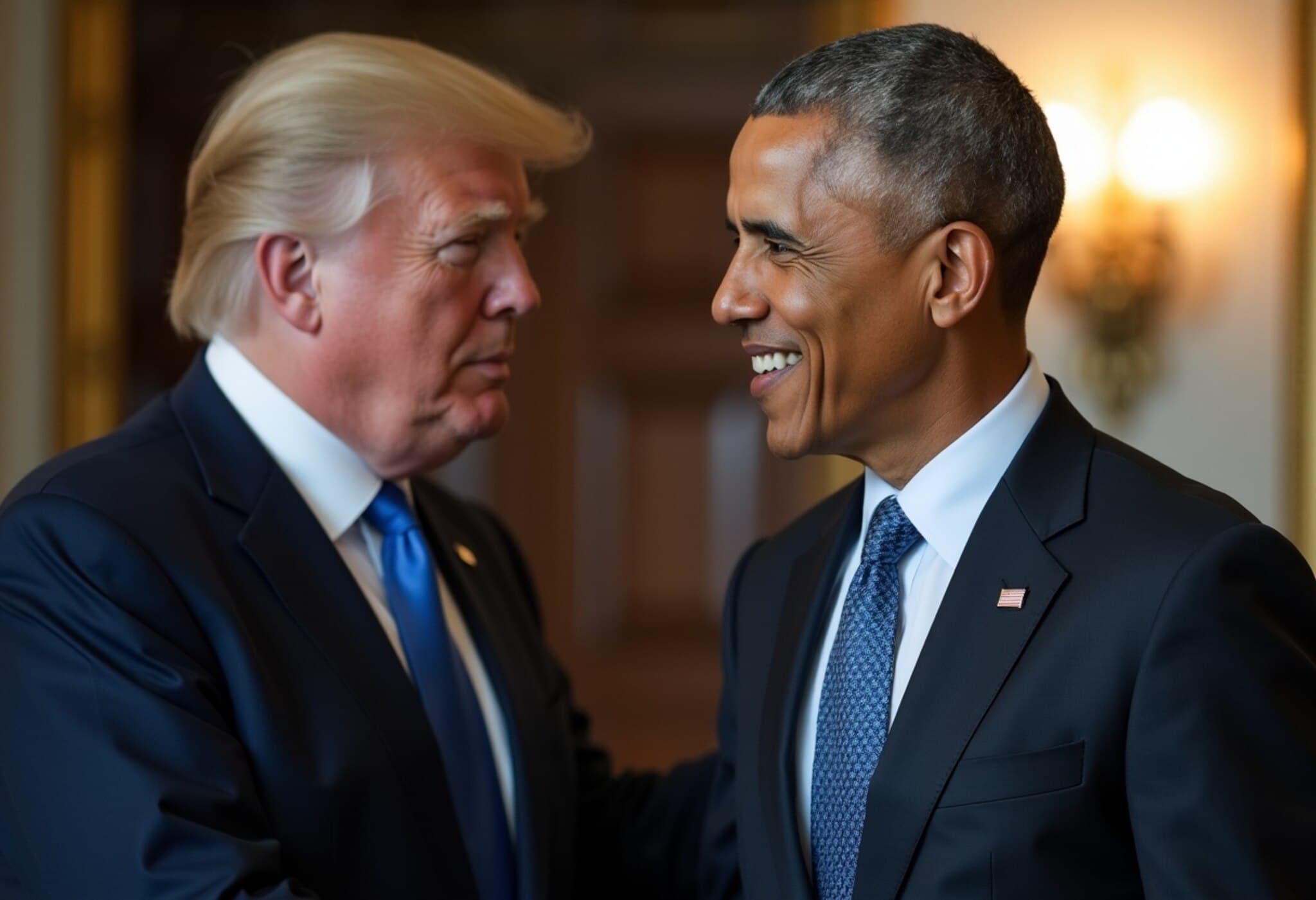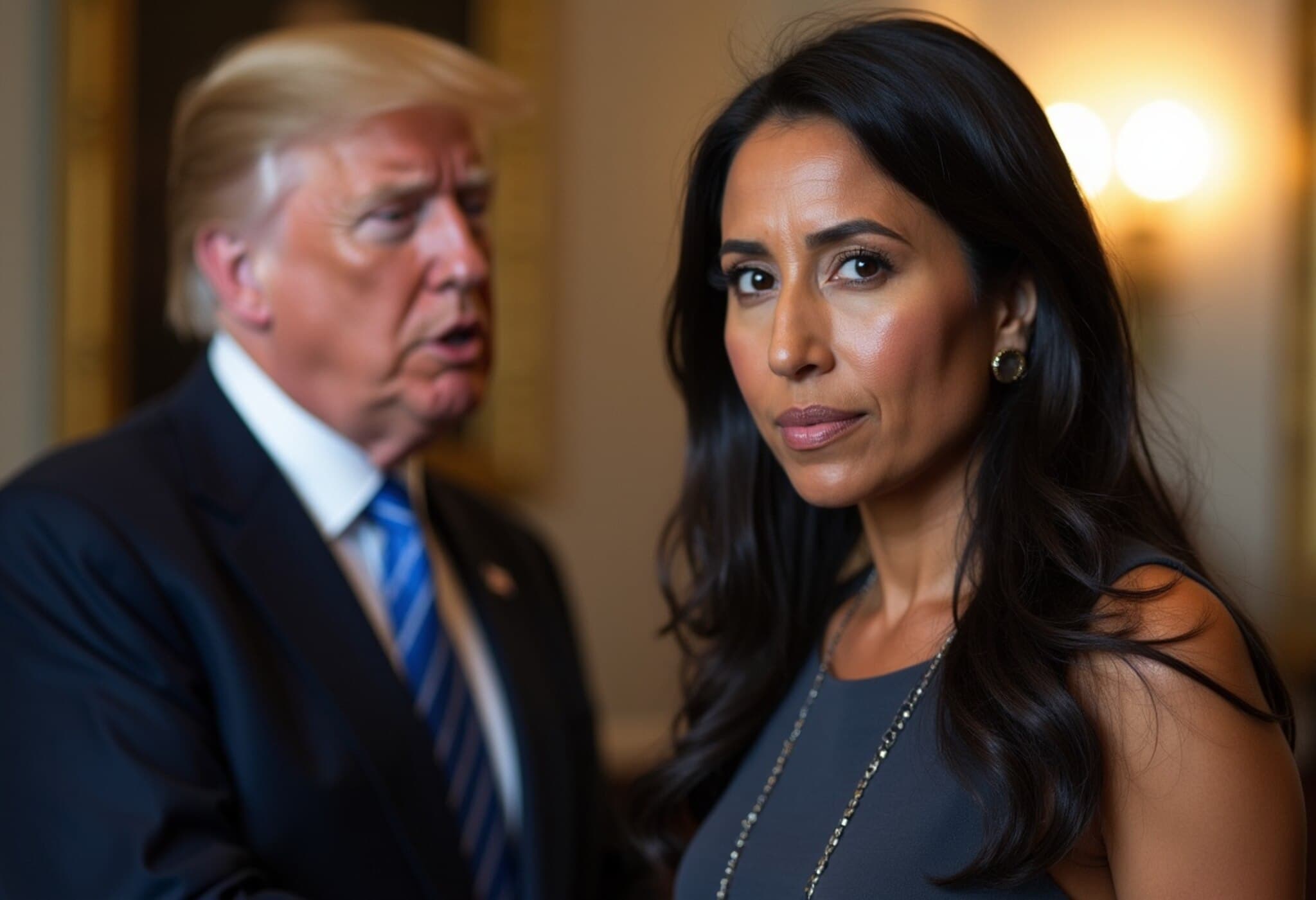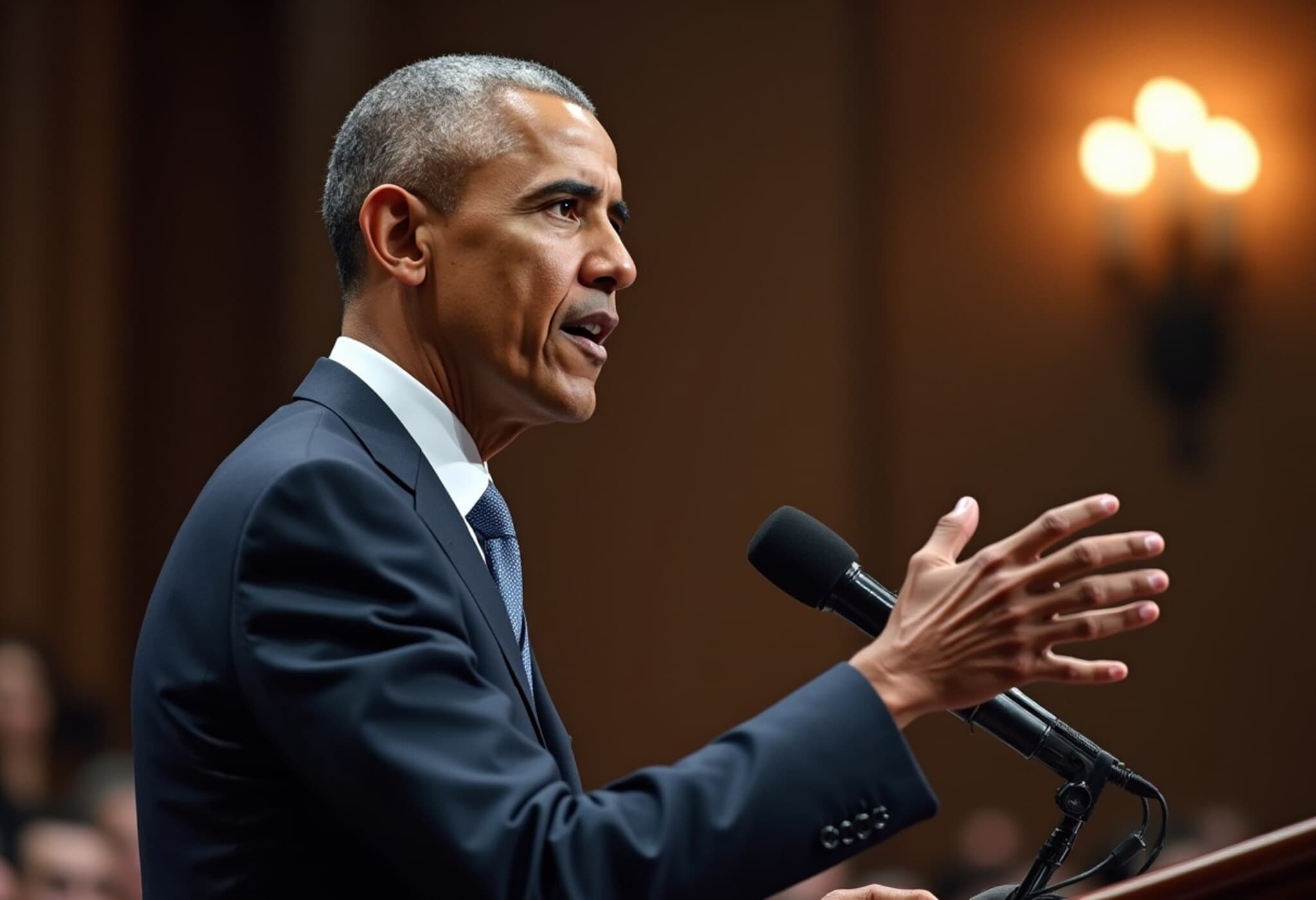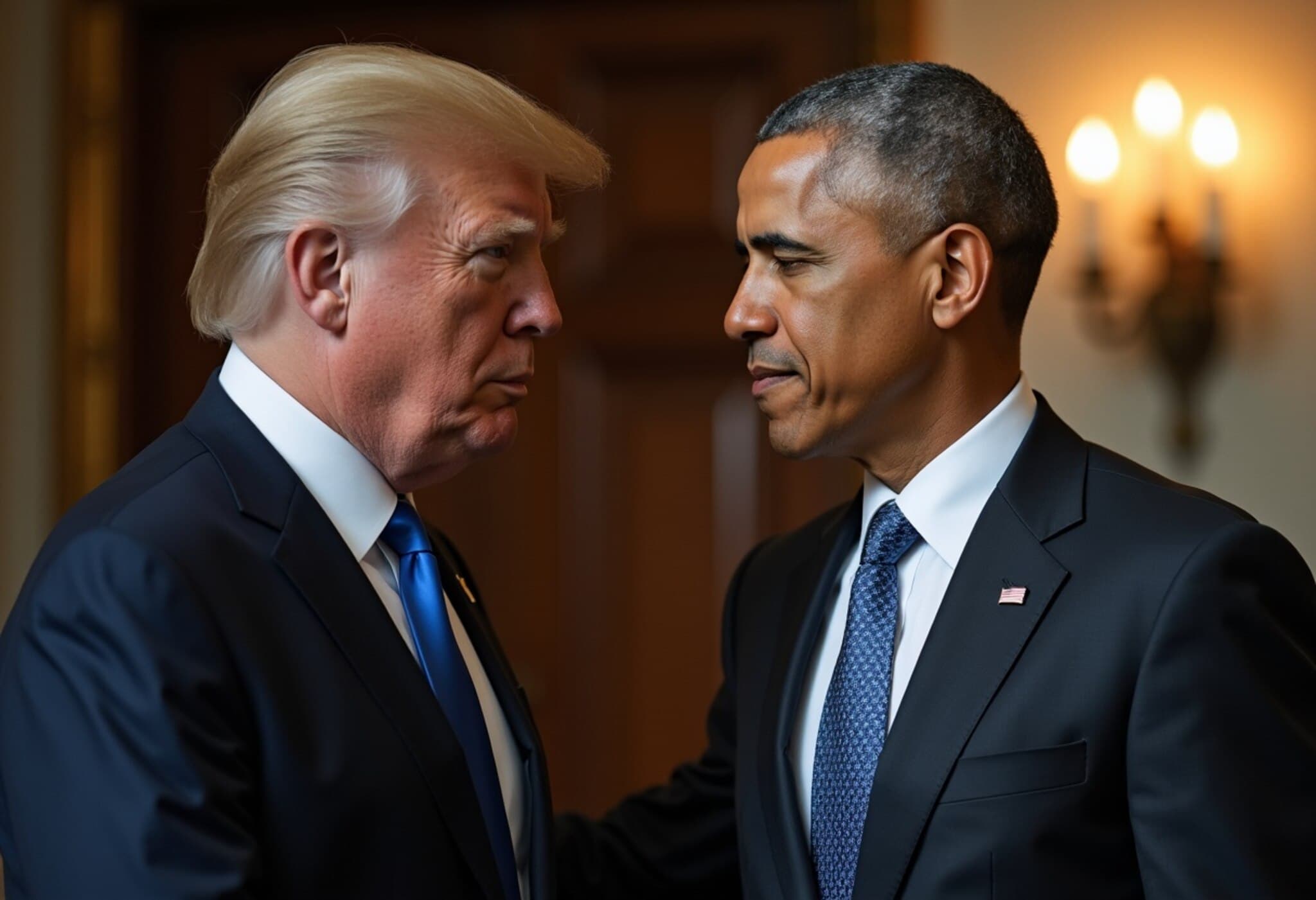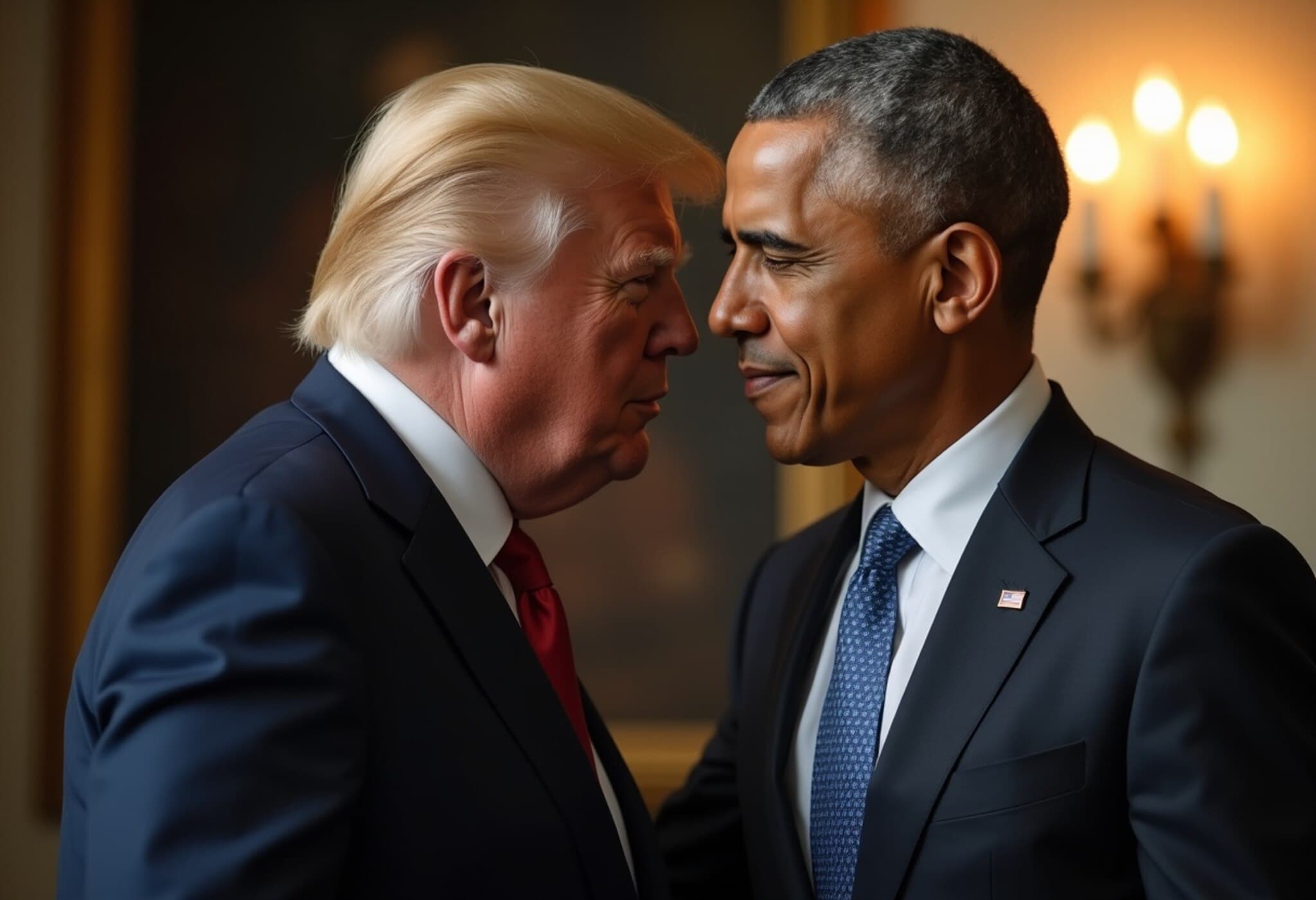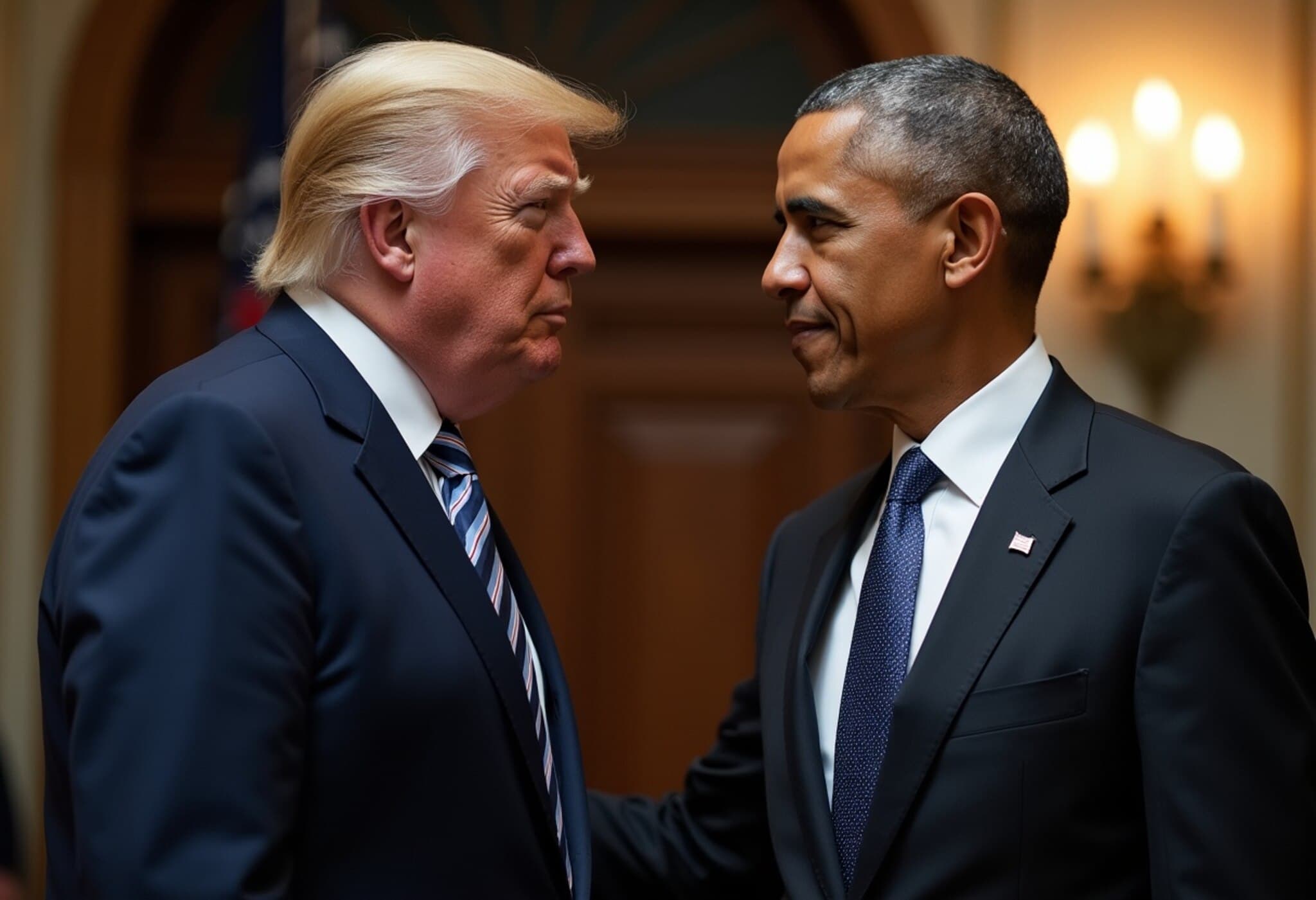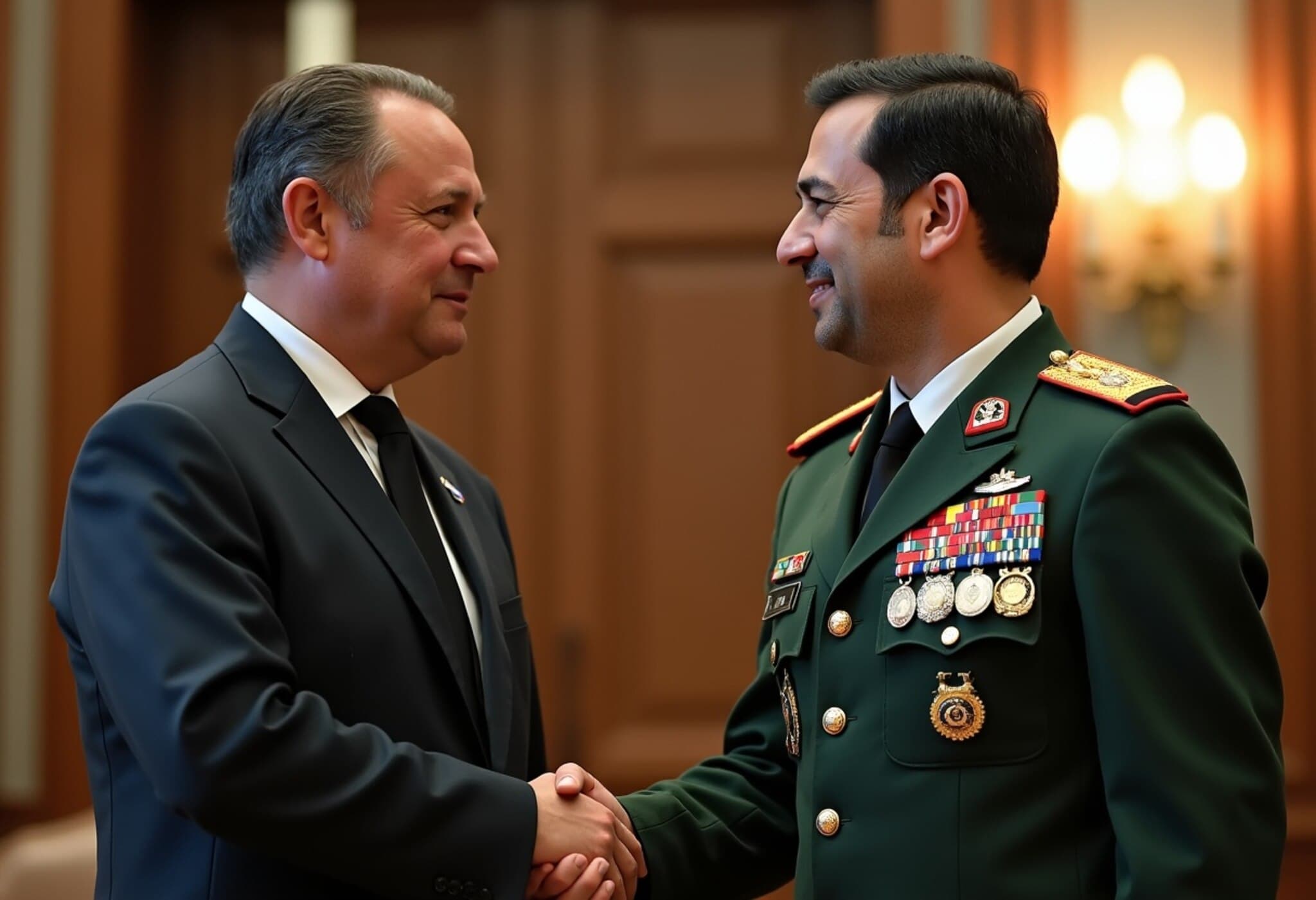Trump Revives Feud by Sharing Provocative Meme Featuring Obama
On July 27, 2025, former President Donald Trump reignited his public feud with former President Barack Obama by sharing a viral meme that likens Obama to a fugitive in the infamous 1994 OJ Simpson white Ford Bronco police chase. The meme, initially circulated by Donald Trump Jr., portrays Obama as the driver of the Bronco, with Trump in pursuit behind the wheel of a police cruiser.
Vice President JD Vance Joins the Meme Frenzy
Interestingly, the meme also includes Vice President JD Vance driving a second police car, depicted with his signature long hair from his college days. Although Vance was not the primary focus, his inclusion sparked a fresh round of social media buzz, leading many users to create derivative memes and poke fun at the imagery. Vance himself engaged with the hype by reposting the meme on X (formerly Twitter) accompanied by a laughing emoji, amplifying its viral reach.
AI Deepfake Video Further Fuels Political Tensions
Earlier in the month, on July 21, Trump shared an AI-generated deepfake video on his Truth Social platform, depicting Obama being arrested by FBI agents in the Oval Office while Trump smirks in the background. This video quickly went viral, reigniting fears about the growing use of artificial intelligence in spreading politically charged misinformation and propaganda.
Trump’s Treason Accusations Against Obama
Alongside these provocations, Trump has leveled serious allegations at Obama, accusing him of orchestrating the widely discredited Russia collusion narrative to rig the 2016 election. Trump branded these actions as "treason" and insisted on harsh consequences, stating, “It’s there, he’s guilty. This was treason. They tried to rig the election and they got caught — and there should be very severe consequences for that.”
Support from Tulsi Gabbard and Document Claims
These claims also echo sentiments expressed by former Democratic presidential contender and current Director of National Intelligence Tulsi Gabbard, who alleges possession of over 100 documents from 2020 purportedly proving that senior Obama-era officials fabricated the Trump-Russia collusion story to sabotage the 2016 election. Gabbard intends to submit these documents to the Department of Justice and FBI, arguing that the intelligence process was compromised by political bias.
Obama Administration Responds to Accusations
Obama’s spokesperson Patrick Rodenbush responded swiftly to these accusations on July 22, describing them as “a bizarre and ridiculous accusation” and a “weak attempt at distraction.” Rodenbush emphasized the office’s usual restraint in engaging with what they characterize as constant misinformation but acknowledged these claims were particularly egregious, warranting a rare rebuttal.
Expert Insights: The Broader Impact on Political Discourse
The recent developments highlight a troubling trend in American political discourse, where digital memes and AI-generated content are weaponized to further polarize and vilify opponents. From a media literacy perspective, these tactics risk eroding public trust in democratic institutions and the factual basis of political debate.
Moreover, the utilization of deepfake technology in political narratives underscores the urgent need for robust policies to regulate synthetic media and combat misinformation. This case also raises critical questions about accountability, free speech boundaries, and the role of social media platforms in moderating such content.
Legal and Policy Implications
- Treason Accusations: While politically charged, accusations of treason require substantial evidence under U.S. law. Without conclusive proof, such claims may have little legal standing but substantial impact on public opinion.
- Deepfake Regulation: Policymakers must consider legislative measures to address the ethical use of AI in politics and prevent malicious misinformation campaigns.
- Election Integrity: Highlighting concerns about past election interference narratives spotlights the persistent vulnerabilities within the political and intelligence communities that demand transparency and reform.
Conclusion: Escalation or Political Strategy?
Trump’s recent meme drops and allegations represent a deliberate escalation in the fraught relationship with Obama—and potentially a broader strategy to energize his political base by invoking familiar cultural references and conspiracy claims. Whether this approach resonates beyond core supporters remains a critical question as the American political landscape braces for future electoral battles.

